Pre-Sleep Routine to Fight Insomnia
Do you suffer from the type of Insomnia that comes about as a result of subscribing to an irregular sleep schedule?
This type of sleeplessness is called conditioned insomnia because the brain allows us to form habits if we consistently do something over time even if we are not conscious of it. Whatever we repeatedly do overtime becomes so deeply engraved in our brains that we simply repeat the activities without so much as giving it a second thought. So if you have conditioned insomnia you will have to rewire your brain.
Do you dread bedtime?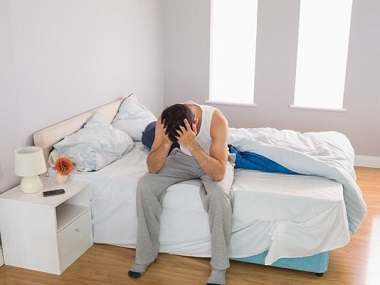
If conditioned insomnia is an issue for you then you would have made a habit of sending negative messages about sleep to your brain. It is likely that you do a bit of negative self talk upon approaching your bed and you may often believe that you will not have a restful sleep and you dread the fatigue that is likely to affect you . This is known as “negative associations.”
Can you change this?
This can definitely be changed and that negative pre -bedtime ritual can be transformed into something more positive and conducive to sleep.
Negative Meets Positive; Retraining Your Brain
Change, of course, will not be immediate but over a fourteen day period you should make a conscious effort to think positive and uplifting thoughts. Avoid that negative monologue and do something soothing and relaxing about 30-45 minutes before bedtime. Find something that will relax you and avoid anything that could possibly spoil your mood.It is best to do that or a similar activity at around the same time every night but do not make it into an obsession. It can include simple tasks as washing the dishes, soaking in a bathtub or singing a soothing lullaby. It will be better if you were to establish a routine involving soothing music, rain sounds, therapeutic oils or just about anything of this kind to help you sleep. It doesn’t really matter what activity you choose, what matters is how routinely you do it. So do keep at it .
Things You Can Try:
Listening to soothing song
Listening to white noise
Enjoy soaking in a bathtub
A massage will work wonders and you may also choose to give one.
Try reading something positive (not too intense)
Try scented candles and therapeutic oils and fragrances
Try meditation
Unwind and relax
Try visualization techniques
Here are a few relaxation tips:
Lie on your bed. Place a small pillow under your legs to relax your lower body
Hold your breath on the count of six and place your hand beneath your diaphragm to feel it expand
Hold your breath for four counts
Exhale ( either softly or loudly depending on what you prefer) and allow your body to completely relax.
Do this for at least 3-4 times
Conditioned insomnia is a matter of negative reinforcements and if you can flip the switch to positive in your brain then you will be well on your way to sleeping through the night and that of course is a wholesome thought!

 Subscribe Now
Subscribe Now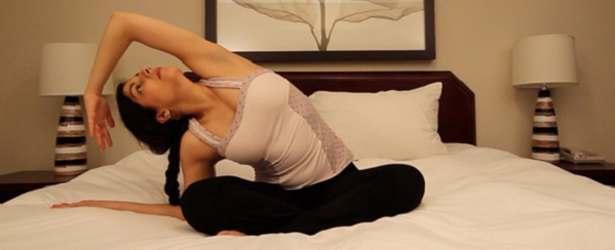


 Valerian is a type of herb that is well-known for its ability to aid people with insomnia sleep faster and longer. Valerian extracts are often used before bedtime and has been proven to increase sleep quality of the people who ingest it. While further studies are still needed to determine its overall effectiveness in helping treat insomnia, current data shows promising results. Recommended dosage of this herbal medicine is at 200 to 400mg 30 minutes before sleep.
Valerian is a type of herb that is well-known for its ability to aid people with insomnia sleep faster and longer. Valerian extracts are often used before bedtime and has been proven to increase sleep quality of the people who ingest it. While further studies are still needed to determine its overall effectiveness in helping treat insomnia, current data shows promising results. Recommended dosage of this herbal medicine is at 200 to 400mg 30 minutes before sleep.
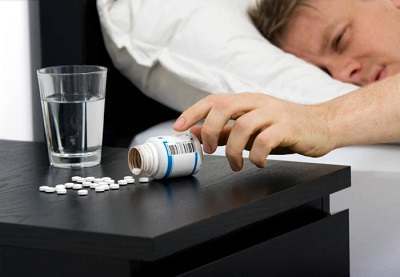 It is important for people to understand that these sleeping pills are merely short term solutions and it will require something drastic to truly cure insomnia. Sleeping medications are prone to side effects and constant use will make the individual heavily dependent on the drug, in short, sleeping pills are habit forming. There is also the fact that the body will eventually gain some form of immunity from the drug making it ineffective in the long run. In order to treat insomnia it is vital to first know what the cause of the sleep disorder is. By finding out the root of the problem we would be able to develop a fool-proof plan to treat insomnia. Based on cases of insomnia there is an underlying connection between the sleep disorder and blood sugar imbalances, specifically the body’s adrenal function.
It is important for people to understand that these sleeping pills are merely short term solutions and it will require something drastic to truly cure insomnia. Sleeping medications are prone to side effects and constant use will make the individual heavily dependent on the drug, in short, sleeping pills are habit forming. There is also the fact that the body will eventually gain some form of immunity from the drug making it ineffective in the long run. In order to treat insomnia it is vital to first know what the cause of the sleep disorder is. By finding out the root of the problem we would be able to develop a fool-proof plan to treat insomnia. Based on cases of insomnia there is an underlying connection between the sleep disorder and blood sugar imbalances, specifically the body’s adrenal function. Our body needs at least 8 to 10 hours of sleep to fully recharge. During this period cortisol helps keep the body’s blood sugar at a balanced rate as you sleep. The problem is if the body fails to produce cortisol the body will shift to another hormone called epinephrine which will jump start your body leaving you wide awake in the middle of the night.
Our body needs at least 8 to 10 hours of sleep to fully recharge. During this period cortisol helps keep the body’s blood sugar at a balanced rate as you sleep. The problem is if the body fails to produce cortisol the body will shift to another hormone called epinephrine which will jump start your body leaving you wide awake in the middle of the night.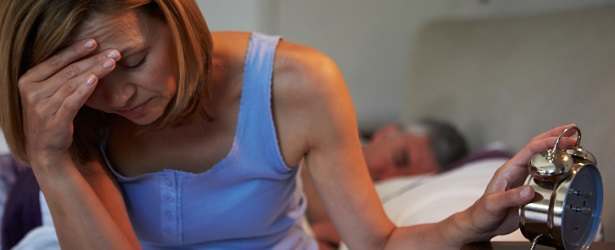
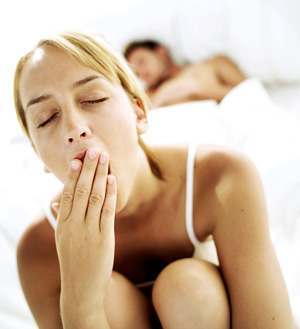 There are several
There are several  Menopause Insomnia on the other hand is caused by hormonal changes in the woman’s body. Doctors can give you a prescription to help ease these hormonal imbalances. As women grow older their estrogen levels decrease. This in turn means a lower level of serotonin which is a hormone produced by the brain to regulate sleep. Lower production of serotonin means a less comfortable sleep. There are natural ways to help decrease the effects of menopause insomnia. One of these tried and true methods is by shifting to a healthy lifestyle. For example, by conducting a half hour exercise in the afternoon your muscle will feel more relaxed once evening comes. A simple change in your diet can also help. Avoiding caffeinated drinks, chocolates, cigarettes and sugar based meals at least 4 hours before sleep will help ready your body for a good night’s rest. Additional changes to your bedtime habit can also help push away insomnia. Try drinking a warm glass of milk or
Menopause Insomnia on the other hand is caused by hormonal changes in the woman’s body. Doctors can give you a prescription to help ease these hormonal imbalances. As women grow older their estrogen levels decrease. This in turn means a lower level of serotonin which is a hormone produced by the brain to regulate sleep. Lower production of serotonin means a less comfortable sleep. There are natural ways to help decrease the effects of menopause insomnia. One of these tried and true methods is by shifting to a healthy lifestyle. For example, by conducting a half hour exercise in the afternoon your muscle will feel more relaxed once evening comes. A simple change in your diet can also help. Avoiding caffeinated drinks, chocolates, cigarettes and sugar based meals at least 4 hours before sleep will help ready your body for a good night’s rest. Additional changes to your bedtime habit can also help push away insomnia. Try drinking a warm glass of milk or 
 One of the most popular practices done by those who perform Feng Shui in their abode is to ensure that your bed is not positioned directly at the door with your head or feet pointing outside your room. This is a big no-no in Feng Shui as it is believed that this might drain your energy while asleep.
One of the most popular practices done by those who perform Feng Shui in their abode is to ensure that your bed is not positioned directly at the door with your head or feet pointing outside your room. This is a big no-no in Feng Shui as it is believed that this might drain your energy while asleep.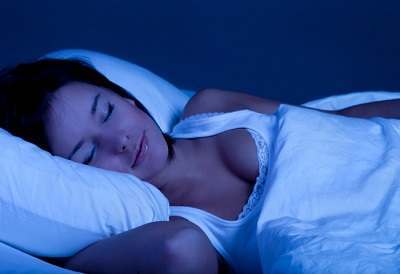 You basically have nothing to lose by trying out this simple Feng Shui tips. However, if you go in already thinking negatively about this practice then it is most likely that it will not work. It is vital to have a positive mindset to relieve stress. Maybe that is the key ingredient in Feng Shui, by organizing objects and furniture within your home you will inadvertently help calm your nerves and help you relax.
You basically have nothing to lose by trying out this simple Feng Shui tips. However, if you go in already thinking negatively about this practice then it is most likely that it will not work. It is vital to have a positive mindset to relieve stress. Maybe that is the key ingredient in Feng Shui, by organizing objects and furniture within your home you will inadvertently help calm your nerves and help you relax.
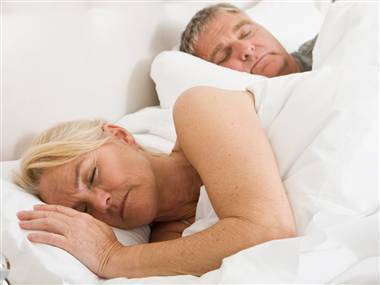 An Irregular Sleep Schedule
An Irregular Sleep Schedule

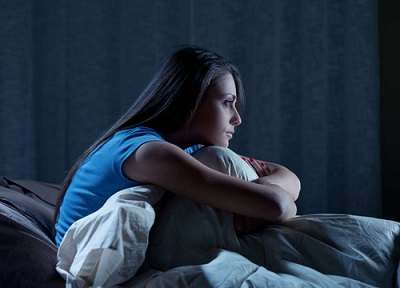 Sleep Onset Insomnia – This is caused by a person’s inability to sleep. Reasons for this type of insomnia could be physical or mental. Sometimes the mind has difficulty trying to relax due to stress, this unable the person to sleep as their thoughts will be plagued by distress. Another reason revolves around the body’s internal clock which is disrupted with its day and night cycle. This is most commonly found in adolescents to young adults as their hormones start to change.
Sleep Onset Insomnia – This is caused by a person’s inability to sleep. Reasons for this type of insomnia could be physical or mental. Sometimes the mind has difficulty trying to relax due to stress, this unable the person to sleep as their thoughts will be plagued by distress. Another reason revolves around the body’s internal clock which is disrupted with its day and night cycle. This is most commonly found in adolescents to young adults as their hormones start to change.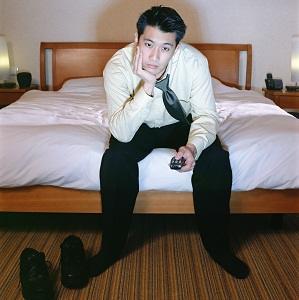
 time habits and relaxation techniques and using drugs only when absolutely necessary.
time habits and relaxation techniques and using drugs only when absolutely necessary.

 While Melatonin is considered relatively safe, there are still some health precautions that should be kept in mind before trying out any melatonin supplement products.
While Melatonin is considered relatively safe, there are still some health precautions that should be kept in mind before trying out any melatonin supplement products.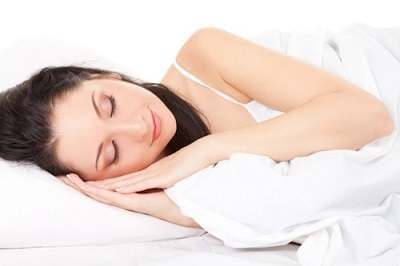 In terms of its actual effectiveness in combating insomnia, melatonin currently has a couple of tests and researches that helps back up its claims. These tests that were conducted in 2005, while small in scale and not as conclusive, showed that individuals who took melatonin were able to sleep 4 minutes faster than normal and have increased their sleep quality and duration by 3%. At the moment, melatonin supplements will have a bigger impact for the elderly. Melatonin productivity decreases as a person ages and is the cause for many sleep disorders in the elderly. By giving them the right amount of melatonin supplements daily, researcher believes that those suffering from sleep disorders due to old age will be able to sleep better at night.
In terms of its actual effectiveness in combating insomnia, melatonin currently has a couple of tests and researches that helps back up its claims. These tests that were conducted in 2005, while small in scale and not as conclusive, showed that individuals who took melatonin were able to sleep 4 minutes faster than normal and have increased their sleep quality and duration by 3%. At the moment, melatonin supplements will have a bigger impact for the elderly. Melatonin productivity decreases as a person ages and is the cause for many sleep disorders in the elderly. By giving them the right amount of melatonin supplements daily, researcher believes that those suffering from sleep disorders due to old age will be able to sleep better at night.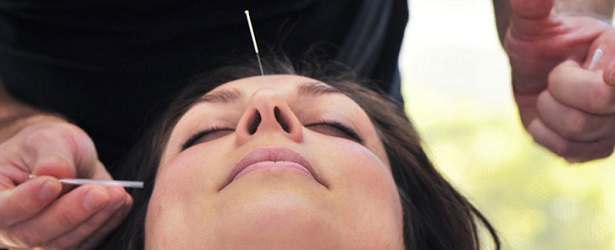
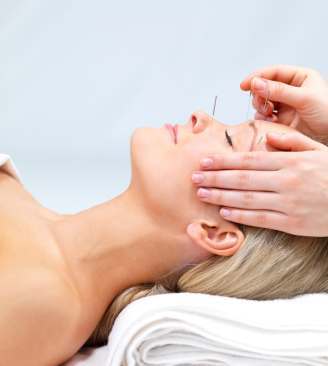 In order to understand the nature of
In order to understand the nature of 
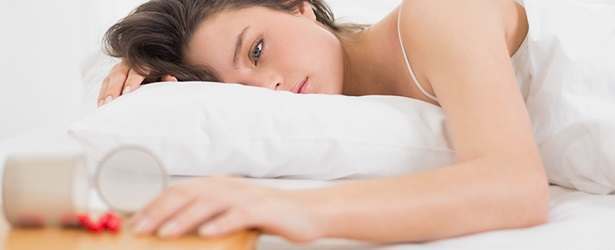
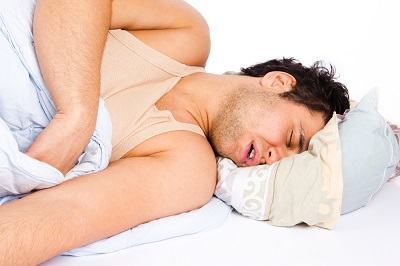 The Body Will Build Up Tolerance over Time
The Body Will Build Up Tolerance over Time Instability and Vertigo
Instability and Vertigo